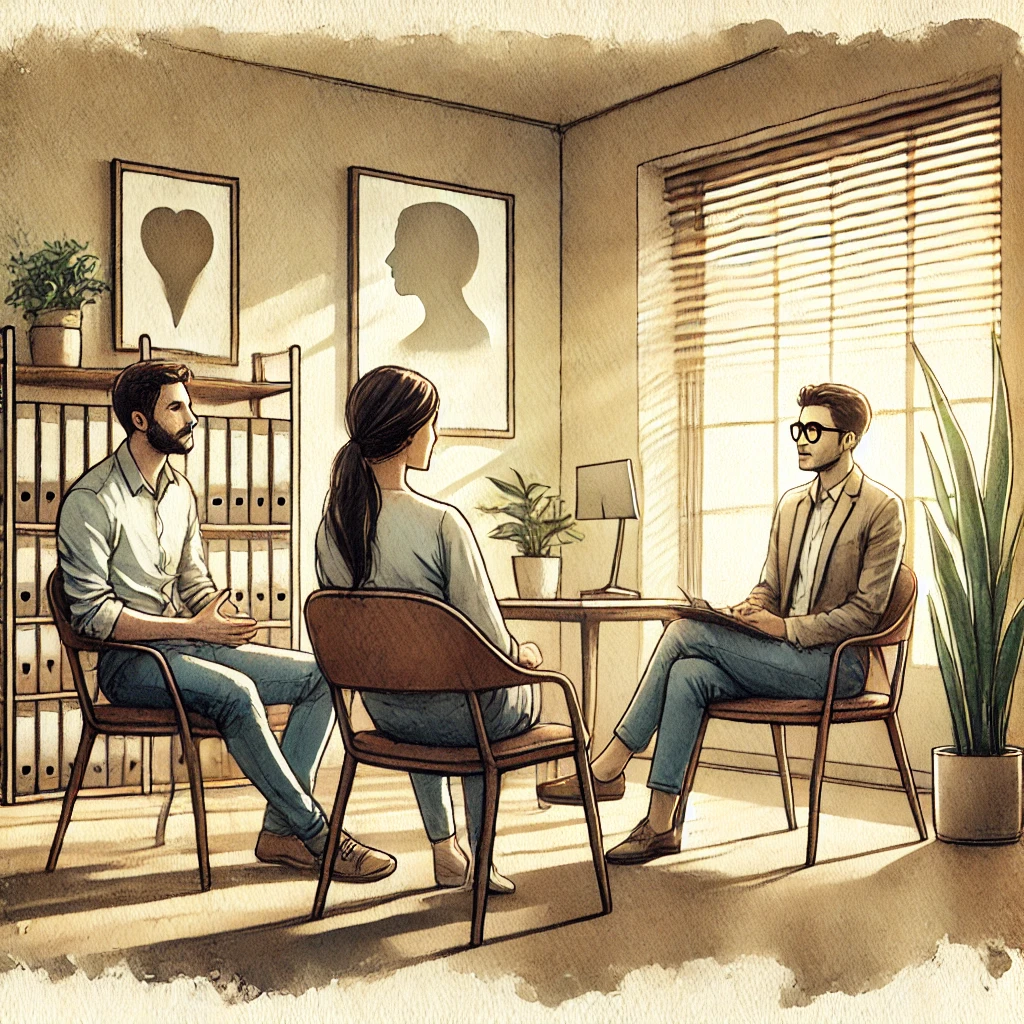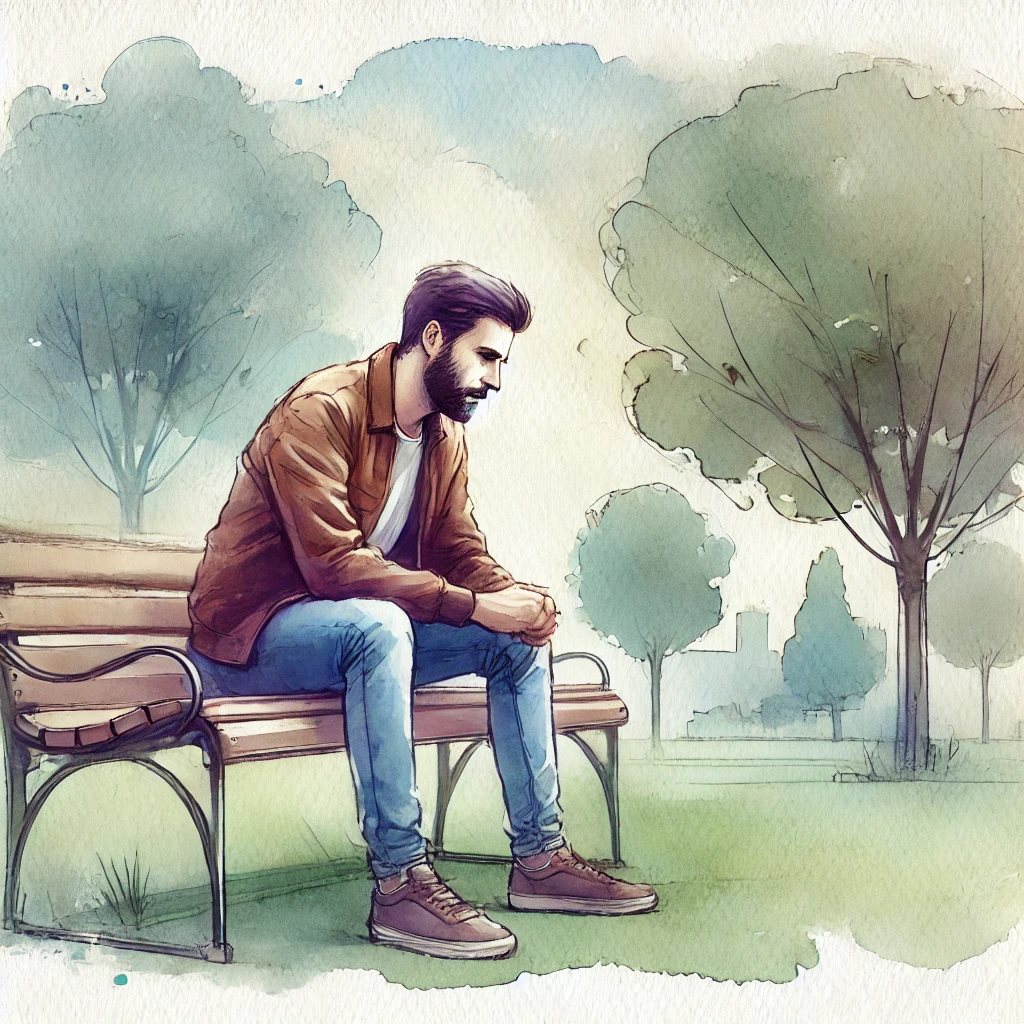
Is Marriage Therapy Covered by Insurance? A Psychoanalytic Exploration of Barriers and Possibilities

When discussing mental health, depression is often portrayed through a lens that may not fully capture the experience of men. While depression affects both men and women, there are significant differences in how men experience and express this mental health issue. These differences often lead to underdiagnosis or untreated depression, making it a critical topic for understanding and intervention.
While depression manifests through common symptoms like sadness, fatigue, and disinterest in daily activities, men often show different signs. Male depression frequently includes irritability, anger, aggression, and even risk-taking behaviors such as substance abuse or reckless driving. These atypical signs may lead others to overlook the underlying issue of depression, assuming it’s just part of a man’s personality or stress level.
The Wall Street Journal explains that the male version of depression is often hidden behind what society may interpret as “acting out.” Because men are less likely to express sadness openly, many suffer in silence or respond to their emotional pain through actions rather than words.
Men are often raised to believe that showing vulnerability or expressing emotions is a sign of weakness. This cultural norm plays a large role in why male depression is so often ignored or minimized. Many men choose to keep their struggles hidden, either due to pride or a fear of being judged. This silence can lead to feelings of isolation and further worsen depressive symptoms. Men may go to great lengths to maintain the appearance of being “fine,” only for their depression to go unrecognized by even those closest to them.
One of the most alarming aspects of male depression is its strong link to suicide. Studies show that men are about four times more likely to die by suicide than women. This tragic reality highlights the necessity of paying attention to the unique ways that depression presents itself in men. Left untreated, depression can lead to an overwhelming sense of hopelessness, and when combined with the tendency to suppress emotions, can result in fatal consequences.
Depression is often a contributing factor in the breakdown of marriages. For men, depression during or after a divorce can be particularly intense. The end of a marriage often exacerbates feelings of failure, shame, and isolation, which can deepen a man’s depression. Divorce also removes a key source of emotional support, as men are less likely than women to seek social support from friends and family during this difficult time. This isolation can perpetuate the cycle of depression, leading to worsening mental health outcomes.
While marriage is often seen as a stabilizing force, it does not always provide protection against depression for men. In fact, marriage can sometimes trigger or worsen depression, particularly if there are underlying marital problems. Men may feel pressure to be the “provider” or “protector” in a relationship, leading to stress and burnout. These feelings, combined with untreated depression, can negatively affect the marital dynamic, creating a feedback loop that worsens both the depression and the relationship.
Postpartum depression is typically associated with new mothers, but new fathers can experience it too. This condition, though less commonly discussed, affects many men as they navigate the overwhelming responsibilities of fatherhood. The sudden lifestyle change, sleep deprivation, and increased stress can trigger depressive symptoms in new dads. Often, these symptoms go unacknowledged as the focus tends to be on the mother and child, leaving fathers to struggle silently. It’s important to recognize that male postpartum depression is real and requires attention, support, and treatment just as much as maternal postpartum depression.
Seeking Help for Male Depression
If you or someone you know is experiencing depression, it’s essential to reach out for help. Bay Psychology Group, Inc. offers confidential and professional therapy services tailored to the unique needs of men dealing with depression. With the right support, you can break the silence and begin the journey toward recovery.
Dr. Brian Sedgeley, is a clinical psychologist and the president and founder of Bay Psychology Group, Inc. a psychotherapy and psychological services clinic in Oakland CA.